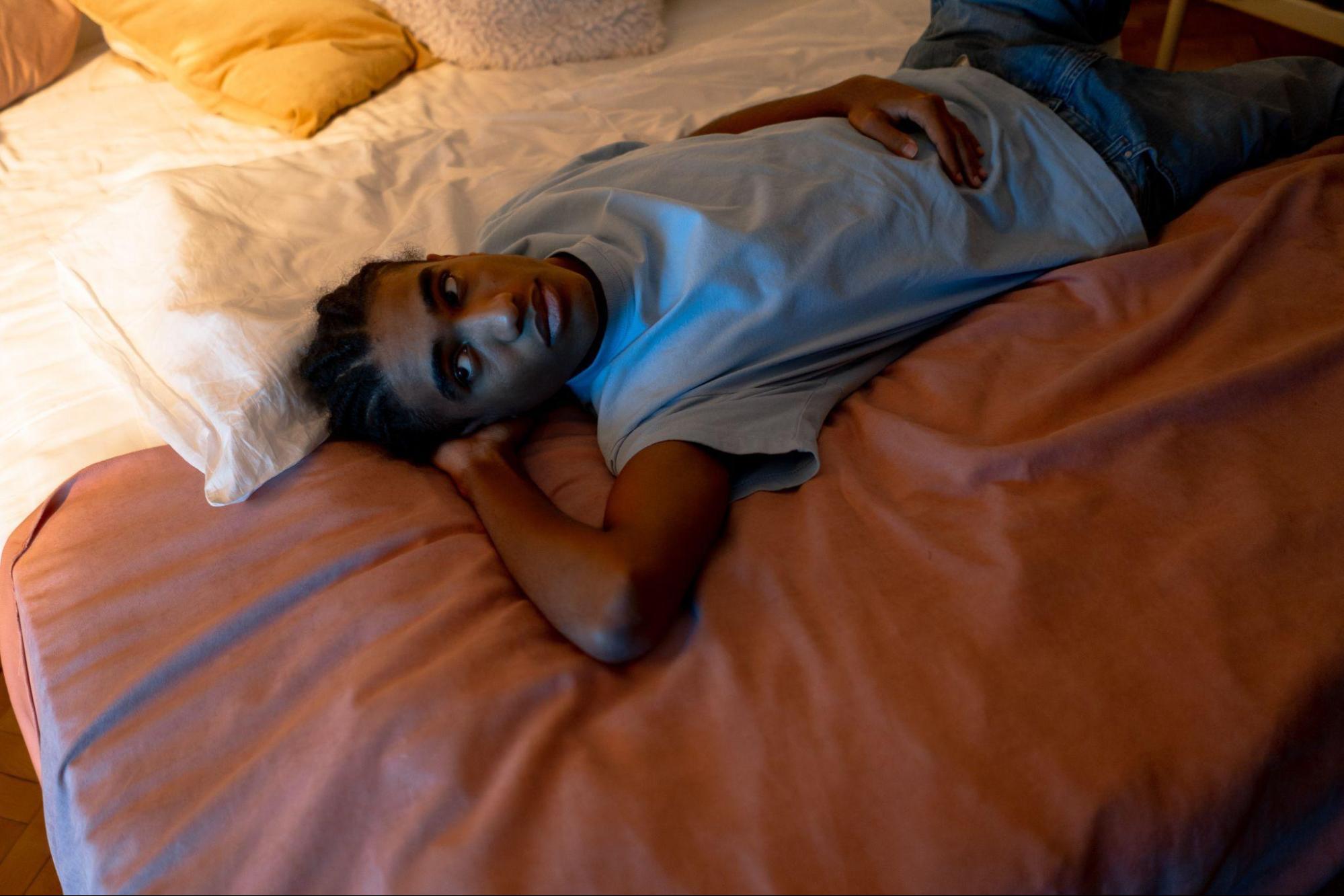Sleep, often viewed as a passive necessity, is in fact a dynamic and vital process that significantly influences every facet of human health, including cognitive function, emotional well-being, and physical performance. Within the realm of athletics, the quality and quantity of sleep an individual receives can be the deciding factor between victory and defeat, optimizing abilities or hindering potential.
Diving into the science of sleep uncovers a complex interplay of physiological processes that rejuvenate the body, consolidate memories, and prepare the mind for the challenges of a new day. For athletes, understanding these intricacies is paramount in harnessing the full spectrum of benefits that sleep offers. From muscle recovery to reaction times, sleep's impact on performance is profound. Keep reading to explore the fascinating relationship between sleep science and athletic prowess.
Related Link: Beginner Female Weight Loss Workout Plan
Sleep Cycles and Their Significance

To genuinely grasp the ramifications of sleep on athletic prowess, a dive into the complex world of sleep stages is necessary. As darkness engulfs us and we retreat into rest, our physiology toggles between REM (rapid eye movement) sleep and the various levels of non-REM sleep. Each of these stages has a specialized function that facilitates recovery and rejuvenation. Deep sleep, in particular, is the time when the body dedicates itself to intense physical restoration, repairing muscles and tissues. On the other hand, REM sleep, often associated with dream states, is instrumental in cognitive recovery. It helps process the day's learnings and underpins memory consolidation. For an athlete, a disruption in these cycles or an imbalance can have tangible consequences on the field. An uninterrupted journey through these stages is pivotal, optimizing both their mental agility and physical endurance, positioning them better in any competitive landscape.
Do you have any questions about our performance-optimizing gummies? Get in touch with HUMBLEROOTS today!
Muscle Recovery and Growth
Every athletic endeavor, whether it's an intense training session or an actual competition, pushes the muscles to their limits. This exertion naturally results in microscopic injuries. The subsequent rest phase is when these micro-tears mend, making the muscles not only heal but grow stronger and more resilient. The cornerstone of this repair process is deep sleep. It is during this tranquil phase that the body secretes growth hormone in significant amounts, which is integral to muscle recuperation and development. Athletes who cut corners on their sleep are essentially stunting this critical recovery process. This lapse not only risks compromising their strength gains but also amplifies the potential of more severe, sometimes long-term injuries.
Cognitive Function and Decision-Making
The realm of sports is not exclusively about physical vitality. The mental aspects are just as paramount. REM sleep, which constitutes a significant chunk of our nightly rest, is a powerhouse for cognitive enhancement. It bolsters various mental faculties, from problem-solving abilities to memory retention, and even creativity. These are all tools in an athlete's mental arsenal, crucial for decision-making, especially under pressure. Athletes, especially those in high-speed sports or ones demanding on-the-spot strategy adjustments, derive immense benefits from a full cycle of REM sleep. It primes their cognitive functions, ensuring they're mentally agile, enabling swift decisions, and driving peak performance on game day.
Emotional Regulation and Stress Management
The world of competitive sports is a whirlwind of emotions, with dizzying highs of victories and the gut-wrenching lows of defeats. Navigating this emotional labyrinth mandates a certain degree of mental fortitude. Sleep plays an instrumental role in this aspect. It significantly influences our emotional centers, ensuring balanced reactions and responses. A consistent and quality sleep regimen can be the anchor that holds athletes steady, helping manage stress, anxiety, and the intense emotions synonymous with competitive sports. Conversely, sleep disruptions can unsettle this emotional balance, amplifying negative emotions. Such a state can be particularly debilitating for an athlete, especially on the eve or day of significant events, possibly affecting their performance.
Immunity and Overall Health
The rigorous demands of continuous training and competitive events exert significant pressure on an athlete's physical health. Hence, a fortified immune system isn't just a luxury but a necessity. A primary line of defense against ailments, sleep, enhances our body's immune functions. As we rest, the body gets into overdrive, producing immune warriors called cytokines, which combat inflammation and infections. However, inconsistent sleep patterns can disarm this immune arsenal. This makes athletes vulnerable to diseases, jeopardizing training schedules and affecting on-field performance.
Related Link: The Best Supplements for Sleeping
Sleep Duration vs. Sleep Quality
While clocking in the recommended hours of sleep is undeniably vital, the depth and quality of that sleep are equally crucial. Persistent disturbances during sleep or inability to cycle through all the sleep stages can negate the benefits of even lengthy sleep durations. Athletes need to concentrate not just on the quantity but also the quality of their rest. This involves curating a sleep-conducive environment – envision spaces devoid of noise and light, with optimal cool temperatures. Additionally, adhering to a regular sleep rhythm, irrespective of weekends or off-training days, is fundamental.
Searching for performance gummies? Check out HUMBLEROOTS!
Unraveling the Sleep-Performance Nexus in Athletics

In summary, sleep isn't just a passive activity but a strategic tool in an athlete's repertoire. The intricate dance between REM and non-REM sleep stages, the profound role of rest in muscle recovery, cognitive function enhancements, and emotional balance are all testaments to the pivotal role sleep plays in athletic performance. As the science behind sleep continues to evolve, its implications on athletic performance become even more pronounced.
For those committed to maximizing performance and optimizing recovery, exploring holistic solutions can be invaluable. One such avenue to explore is HUMBLEROOTS Performance. Their CBD gummies not only promote restful sleep but also aid in recovery, making them an essential companion for athletes. Dive deeper into how these gummies can complement your training regimen and elevate your athletic journey.
Related Link: 6 Best Exercises for Back Fat



